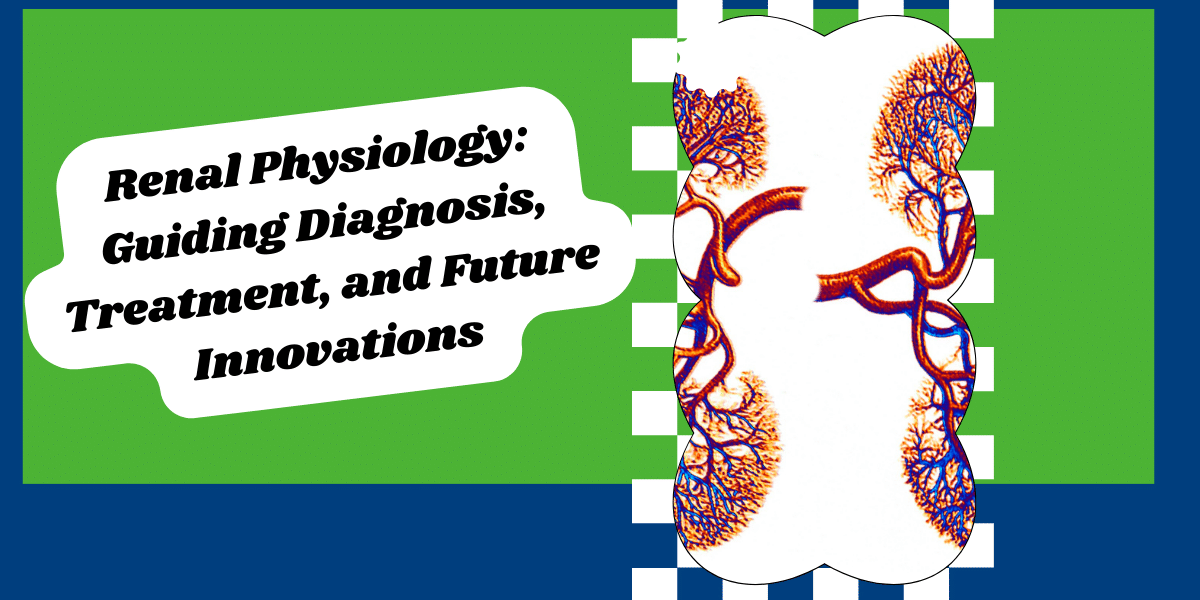Renal Physiology: A Lifeline for Kidney Health
Renal Physiology: Guiding Diagnosis, Treatment, and Future Innovations
Navigating the Depths: Renal Physiology’s Role in Kidney Health
Renal physiology, the intricate study of kidney function, serves as a guiding light for medical professionals in the diagnosis and treatment of kidney diseases and disorders. In this extensive exploration, we will embark on a journey through the complex world of renal physiology. From understanding the fundamental processes of filtration and reabsorption to delving into the specifics of glomerular filtration rate (GFR) and renal blood flow, this article aims to demystify renal physiology’s significance.
The Kidneys: Marvels of Filtration and Balance:
Let’s begin with the basics. We’ll unravel the mysteries of nephrons, the microscopic functional units of the kidney, and explore how they filter waste products and maintain essential balance in our bodies. Understanding the kidney’s role in regulating blood pressure, electrolytes, and acid-base balance is pivotal in comprehending various kidney-related conditions.
Renal Disorders: Decoding the Signals:
Chronic kidney disease, kidney stones, and glomerulonephritis are just a few examples of conditions that disrupt renal function. We’ll investigate the physiological underpinnings of these disorders, shedding light on how renal guides their diagnosis. From proteinuria to hematuria, we’ll decode the signals these disorders send, aiding healthcare providers in accurate diagnoses.
Renal Physiology in Diagnosis:
Renal physiology isn’t confined to textbooks; it plays a crucial role in diagnosing kidney diseases. We’ll explore the significance of tests like serum creatinine, blood urea nitrogen (BUN), and urinalysis. Understanding the physiological basis of these tests equips healthcare professionals with the knowledge to interpret results accurately, leading to precise diagnoses.
Treatment Approaches: Precision in Practice
Renal physiology informs treatment strategies. Whether it’s managing hypertension to preserve kidney function or addressing electrolyte imbalances, this knowledge guides medical interventions. We’ll delve into the pharmacological aspects, discussing how medications affect physiology and how they are tailored for individual patients.
Innovations in Renal Research:
Cutting-edge research continually expands our understanding of renal physiology. We’ll explore recent advancements, from nephron organoids to precision medicine approaches, highlighting how these innovations are transforming the diagnosis and treatment landscape for kidney diseases.
The Future of Kidney Health:
We’ll conclude by glimpsing into the future. How is physiology shaping the development of new therapies? What breakthroughs are on the horizon? Understanding these prospects not only fuels hope but also underscores the vital importance of continued research and education in the field of renal physiology.





